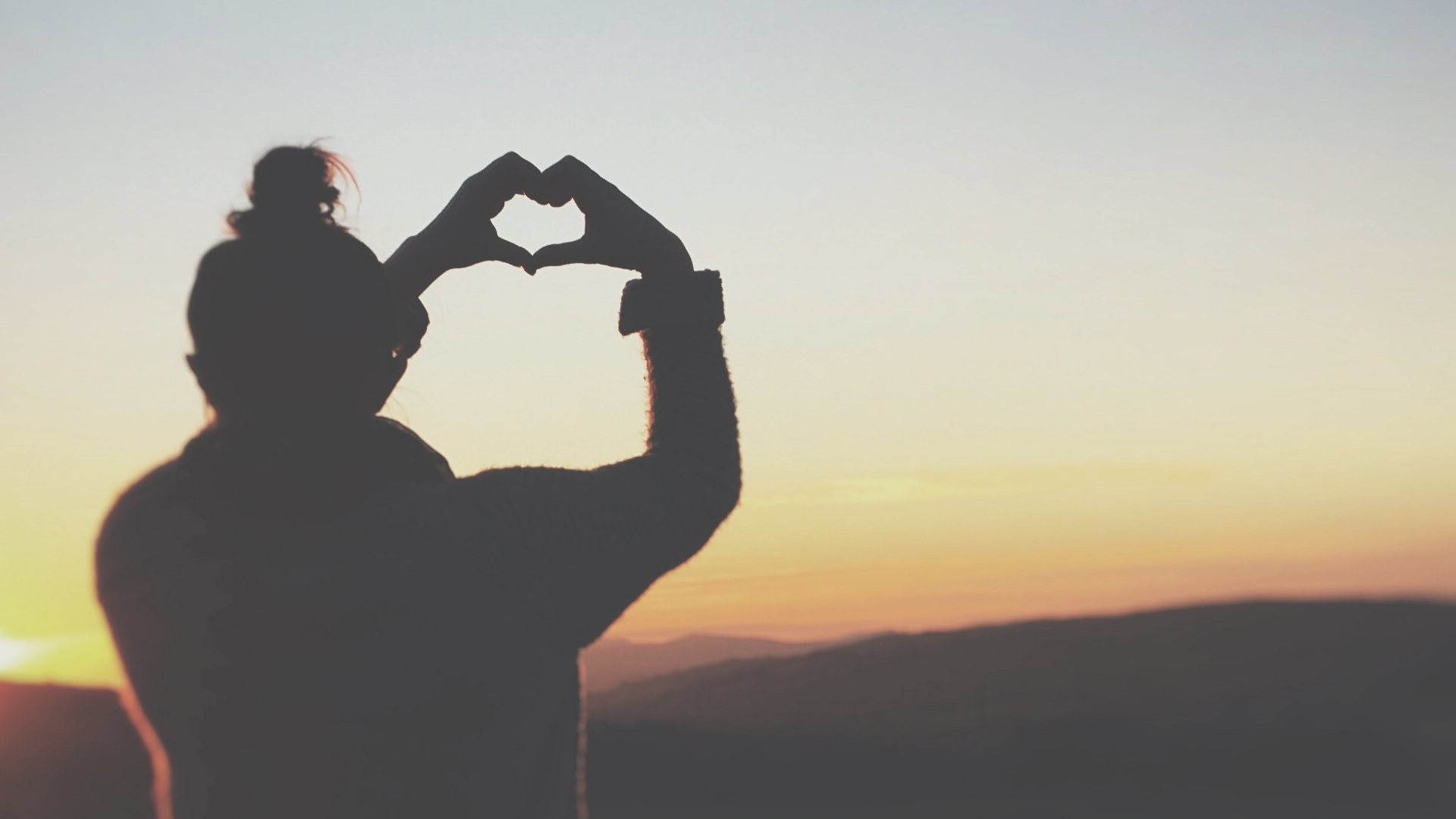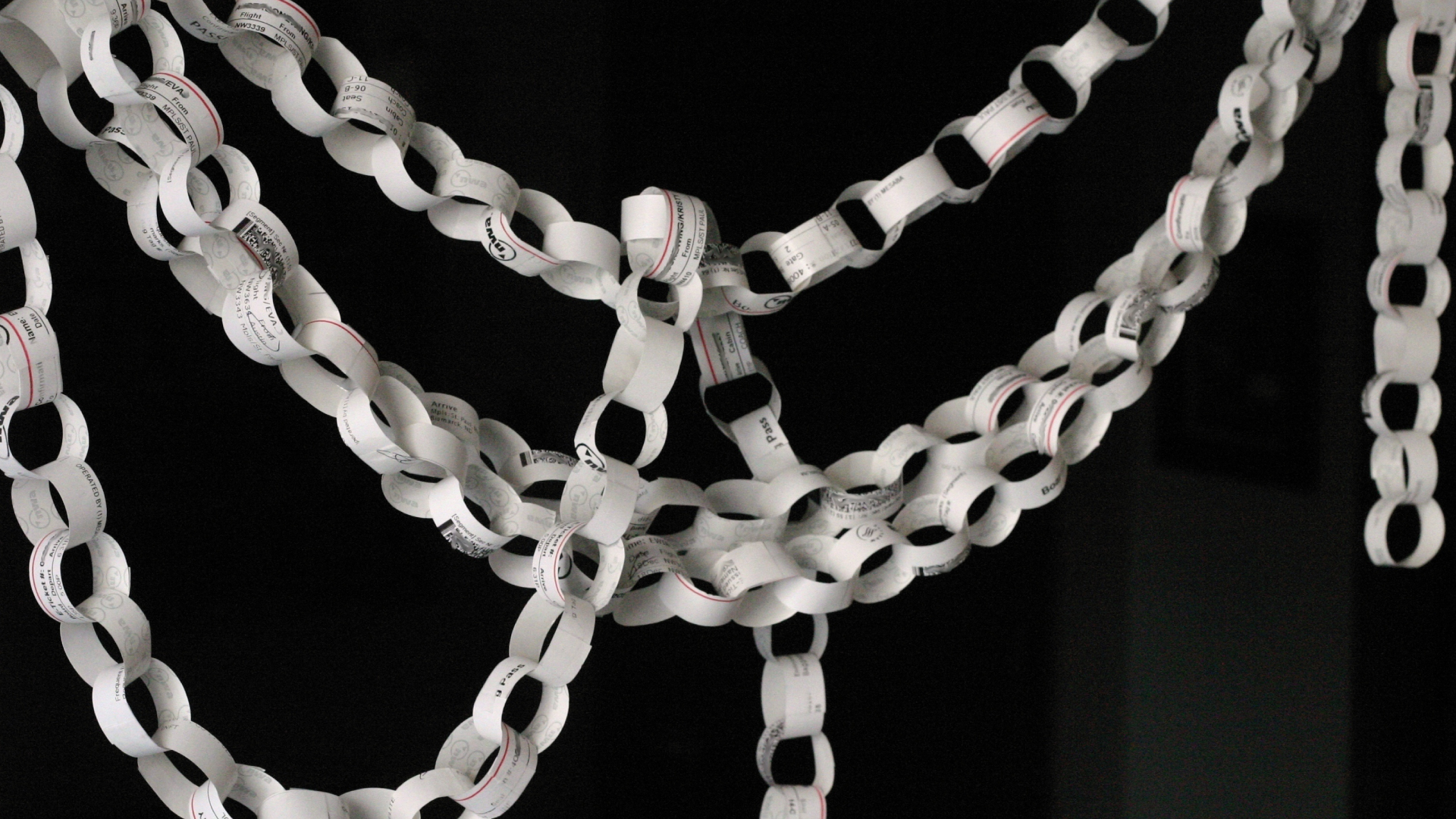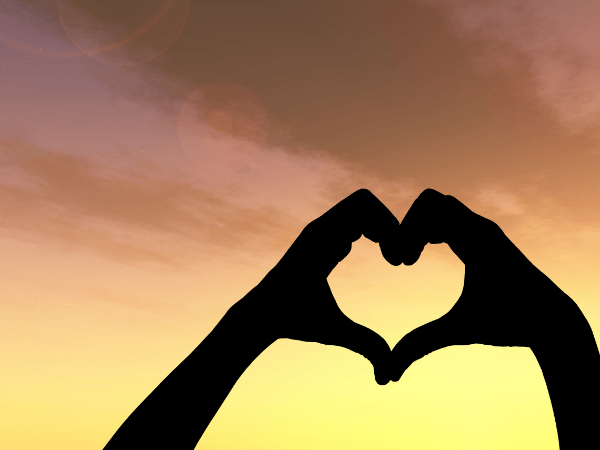Our friends on the Together team at St. Jude Children’s Research Hospital are pleased to announce the launch of Teens&20s, a mini-site for teens and young adults who are childhood cancer patients and survivors. Together needs feedback to help make Teens&20s the best it can be. If you are a cancer patient/survivor age 13-25, please spend some time checking out Teens&20s and then take an anonymous survey by October 13. While supplies last, participants who complete the survey will get a $10 gift card. (Participants may choose from a variety of major retailers.) Together is a comprehensive online resource for pediatric cancer patients and their families no matter where the patient receives treatment.
Tell St. Jude What You Want To Hear About
A team at St. Jude Children Research Hospital is developing a tool called Together! It is an online resource for pediatric cancer patients, survivors, and families. They are currently developing content for teens and young adults and they want to hear from you! To guide and inform them, they are conducting an online survey of adolescent and young adult cancer patients and survivors ages 13-25. The survey is anonymous, is open through May 20, and they will use the information and opinions shared to help them create articles, visuals, and videos that will be helpful and informative to adolescents and young adults who are facing cancer.
What do you think are the most important pieces of content adolescent and young adult cancer survivors need?
Flashback #31: The Anti-Bullying Cancer Manifesto
To celebrate our 2-year anniversary of being a nonprofit, Lacuna Loft is bringing back our top 31 articles from our archives! This is Flashback #31! The Anti-Bullying Cancer Manifesto was written by Christina. These 31 articles are the best of the best and we’re very happy to share them with you again! The countdown continues tomorrow!
This may seem like an odd topic when discussing cancer, but cancer bullying is surprisingly prevalent – and it needs to stop! In my time going through cancer, and since recovery, I’ve discovered that there is a little-known – yet highly-destructive – phenomenon called, Cancer Bullying.
This manifesto is intended to shine light on the many forms cancer bullying can take, and why they are detrimental to those experiencing cancer.
Types of Cancer Bullying
Cancer bullying comes in many forms, but in this manifesto I’ll go into these four main types of cancer bullying:
- Treatment choices (aka, East vs West)
- Emotions & boundaries
- The cancer pissing contest (aka, My cancer is worse)
- Nit-picking over words, names and references
All of them are pervasive, and some – ironically – sprout from good intentions, and can even come from our loved ones.
I dedicate this Anti-Bullying Cancer Manifesto to all past, present and future cancer warriors.
……
Paper Chain
I cleaned out my room today, getting rid of old clothes
most of which are too big for me now
as I’ve shrunk to a skeletal version of myself.
Gathering under my bed along with old chapsticks
and safety pins and crumpled receipts
were several hospital bracelets.
I’ve been saving them for over three years now,
hoping to make them mean something at the end of this-
a bracelet chain so I can count down the days
to the 5 year word:
CURE
or an art piece displaying the excessive usage of labels and
an ID number I’ll never forget: 612212
or proof for the future me that this really did happen
or a finish line I can break through–
I find them everywhere:
in drawers, coat pockets, the bottom of my purse and car
folded in my wallet
and under my bed
I have probably 200 of them
I plan to make something out of them eventually
I have a one-woman show in the works and I’ve been taking
copious notes of all the things that have happened
“ice bag boobs” after the highest fever my nurse had ever seen
“7 liters”: – my record-breaking peeing in a single day
“No, it wasn’t breast cancer, I just have really small boobs”
I don’t even need to explain that one.
There’s a lot of comedy, truly. And there’s a lot of white.
white room, white bandages
200 white stamps
200 white plastic wishes and fears
200+ white handfuls of foamed Purell
I plan to make something out of them
even if it is just a bonfire
to simultaneously burn away Cancer Girl
and offer up incense to the sky
Praise you stars, that I am still here
and I can still make things burn.
The Anti-Bullying Cancer Manifesto
This may seem like an odd topic when discussing cancer, but cancer bullying is surprisingly prevalent – and it needs to stop! In my time going through cancer, and since recovery, I’ve discovered that there is a little-known – yet highly-destructive – phenomenon called, Cancer Bullying.
This manifesto is intended to shine light on the many forms cancer bullying can take, and why they are detrimental to those experiencing cancer.
Types of Cancer Bullying
Cancer bullying comes in many forms, but in this manifesto I’ll go into these four main types of cancer bullying:
- Treatment choices (aka, East vs West)
- Emotions & boundaries
- The cancer pissing contest (aka, My cancer is worse)
- Nit-picking over words, names and references
All of them are pervasive, and some – ironically – sprout from good intentions, and can even come from our loved ones.
I dedicate this Anti-Bullying Cancer Manifesto to all past, present and future cancer warriors.
Treatment Choices – East vs West
Chances are most of us have – or will – experience some form of cancer bullying during our journey. Concerned friends or family members may not agree or support your choice of medical treatments, or understand how you choose to cope with your illness.
Since my introduction into the world of cancer in April 2012, I’ve noticed – and encountered – an odd wave of judgement and condemnation between patients who choose traditional western medicine vs. patients who choose alternative (holistic, natural or eastern) therapies.
I’ve personally heard, read and been told that patients who choose to be treated by an oncologist and receive chemotherapy, radiation or other western medical treatments are “ignorant, and are blindly putting all their trust in doctors and their toxic medicines instead of taking charge of their own health.”
The implication – or down right blatant accusation – that patients who choose to use traditional western therapies are either ignorant or too lazy to do their own research and “cure” themselves, is not only mean but it’s unbelievably inappropriate! Everyone’s cancer is highly individualized and extremely personal! The only “right” course of treatment and therapy is the one that each patient has determined is right for them. Other than that, it’s really nobody’s business.
On the flip side of this conflict, are people who belittle – or completely disregard – the many benefits of alternative (natural, holistic or eastern) therapies. As someone who used both traditional western medicine in combination with alternative therapies, I’ve encountered these cynical and condescending comments made by people and patients who feel alternative therapies are only for “weirdo hippies who are uneducated”. This assumption couldn’t be further from the truth! Many patients choose to use alternative therapies for a variety of different reasons – all of which are completely personal! When deciding on treatment, patients and doctors take many things into consideration, such as, pre-existing conditions, effectiveness of available medicines, the stage and development of the cancer, the patient’s quality of life and more. Most of these patients have done extensive research and are highly informed when it comes to the types of treatments that are available to them, and how statistically effective those therapies would be in treating their specific case.
So instead of pitting one camp against the other, it would be nice if we could just respect each other’s decisions as to their own treatment and support each other.
Emotions & Boundaries
Cancer is challenging enough without having to endure bullying and judgment from others. But sadly, cancer bullying is all too prevalent since many cancer bullies aren’t even aware they are doing it. There is no right or wrong way to respond, cope or live with cancer. So, never allow people to judge you for not acting the way they think you should act during your battle.
I’ve actually had two family members say straight to my face, they didn’t think I handled my cancer battle right. I should have been more thoughtful about them and their feelings, and tried to include them more during my fight. Yeah, my jaw was on the floor too! Their justifications had seemingly good intentions. They just wanted to help and be more involved on a regular basis, and take some of the burden of caring for me off my partner.
But just because someone wants to help and be involved in our battle, doesn’t mean it’s right for us.
We each need to determine and set our own boundaries for how much help we want or need, and which people we would like to include in our support system. We may have some friends or family members that can be a bit too much at times or a little stressful to us, so we may decide to receive their support or help on a limited basis. We also might not want or need help on a daily or weekly basis. I personally wanted to keep my day-to-day life as normal as possible, and only call on help when I truly needed it – which fluctuated regularly.
In the early days of my diagnosis, my family members kindly constructed a weekly schedule where each one would spend the day with me until my partner came home from work. However, I quickly realized this was NOT what I wanted nor what worked for me. Initially, I felt slightly guilty that I was being ungrateful, but after I decided that I was going to live my life everyday to the fullest – cancer or no cancer – I knew I had to create my own healing environment and caregiver schedule. It was the best decision I made!
Recently, I came across an article where a columnist was criticizing a woman with stage 4 terminal breast cancer for tweeting about her experience with cancer. She even had the gall to liken her tweets to “deathbed selfies”!
* This is the original article here, which has since been deleted by The Guardian, due to public outrage. And, this article in The Nation was written in response to that original article.
I couldn’t believe this poor woman was being harshly judged for how she chose to express, cope and seek comfort and encouragement for her disease. Or, that this columnist felt it was OK to question how people should share their experiences and choose to help other people living with cancer.
I’ve yet to come across the official rule book on how to properly behave when you have cancer.
These types of relationships and opinions (whether it’s family, friends or total strangers) are actually a form of bullying. No one has the right to tell you how you should react emotionally or conduct yourself in regards to your own personal battle. We all are entitled to process and express our feelings in our own way.
Cancer Is Not A Pissing Contest!
One thing I’ve noticed in the cancer community is that sometimes our cancer diagnoses and treatments are compared and evaluated on some imaginary who has it worse scale. As if we’re competing to see who has persevered more, or who is more worthy of praise, pity or recognition.
So I’d like to make it perfectly clear where I stand on this issue.
No one has a “good”, “easy” or “typical” cancer. No one’s cancer battle is easier, harder, more traumatic or less valid than someone else’s.
Each person’s battle with cancer affects their life in many different ways (including famous people) and varies throughout their journey. Spewing mean-spirited comments is not only unkind and disrespectful, but it in no way builds us up or promotes the positive, encouraging environment we all need in order to heal.
Nit-Picking Over Words
This final form of cancer bullying I’m pretty sure is just a HUGE mis-understanding within the cancer community.
I’ve come across countless articles where people either disapprove or out-right condemn the use of certain words, names or labels when referring to all things cancer. And they usually make very good points for why they personally don’t like the descriptive language being used.
One of the more common objections I read about is using military language when discussing cancer. *(An example of this here.) Some people feel this type of descriptive language has a psychologically negative effect – especially for those living with chronic or terminal cancers.
For people who have or will die from this terrible disease, I can easily see why terms such as “battle”, “fight”, “beat”, “crush”, “win” or “lost” would have a negative connotation for them. For someone dealing with terminal cancer, “conquering”, “beating” or “winning” their cancer “battle” may not be an option.
And, for the family members who have experienced the painful loss of their loved one, having people refer to their death as he/she “lost his/her battle” can be especially upsetting. They may feel these words are implying their family member somehow didn’t “fight” hard enough, or could have “beat” it but failed to do so.
While I sympathize and understand where they are coming from, asking or attempting to control how people express themselves is just as insensitive as what they are objecting to. For some people, envisioning that they’re in a “battle” which they can “fight” can bring them a sense of control and purpose, and help alleviate feelings of anxiety and depression. For others, they may not even know which words to use in describing the sudden shift in their lives. They may not identify with words such as “cancer patient” or even know how to explain to their friends/co-workers/class-mates that they “have cancer” or are “undergoing cancer treatments”, so they use whatever words come easily to them at that time.
The point is, we all use words, descriptions and labels that best encapsulate how we feel and what we are envisioning. If we all were forced to use the same terms it would be unbelievably restrictive and stifling. Being able to express ourselves freely – in our ever-changing environment – is an extremely important part of staying positive and aids in our healing.
So just to be crystal-clear, regardless of what words, names, labels, descriptions or references I use in my blogs, podcasts or daily life, please know this is exactly how I feel about everyone affected by cancer:
Dying from cancer does not imply you fought any less, had a negative attitude, didn’t try hard enough, didn’t do enough treatments, or are any less strong, positive, brave or determined than anyone else fighting this horrible disease.
Regardless of those who are living with chronic cancer, those who enter into remission or those who pass away, in my book, all people who are dealing with cancer are “fighters”, “warriors”, “survivors” and “cancer ass-kickers”!
Personally, I’ve always used the words “cancer warrior”, “fight” and “battle” to describe my own personal situation, since I always pictured myself fighting off what this disease was attempting to do to my body. These words and labels were just what resonated with me.
In my own mind’s eye I never wanted to feel like I was a cancer patient (even though my body and sometimes my emotional state sure did), so I never used that word. Not every word or statement we use to express ourselves, our views or our situations are going to be applicable to all people, with all types of cancers, at all times.
So instead of all this – mostly unintended – cancer bullying I propose we set our judgments aside and support each other, respecting each persons decisions, emotions, boundaries and preferences. Because really when it comes down to it, we are all just people who happen to have a disease called cancer.
What do you think? Do you have any items that you’d add to the anti-bullying cancer manifesto?











